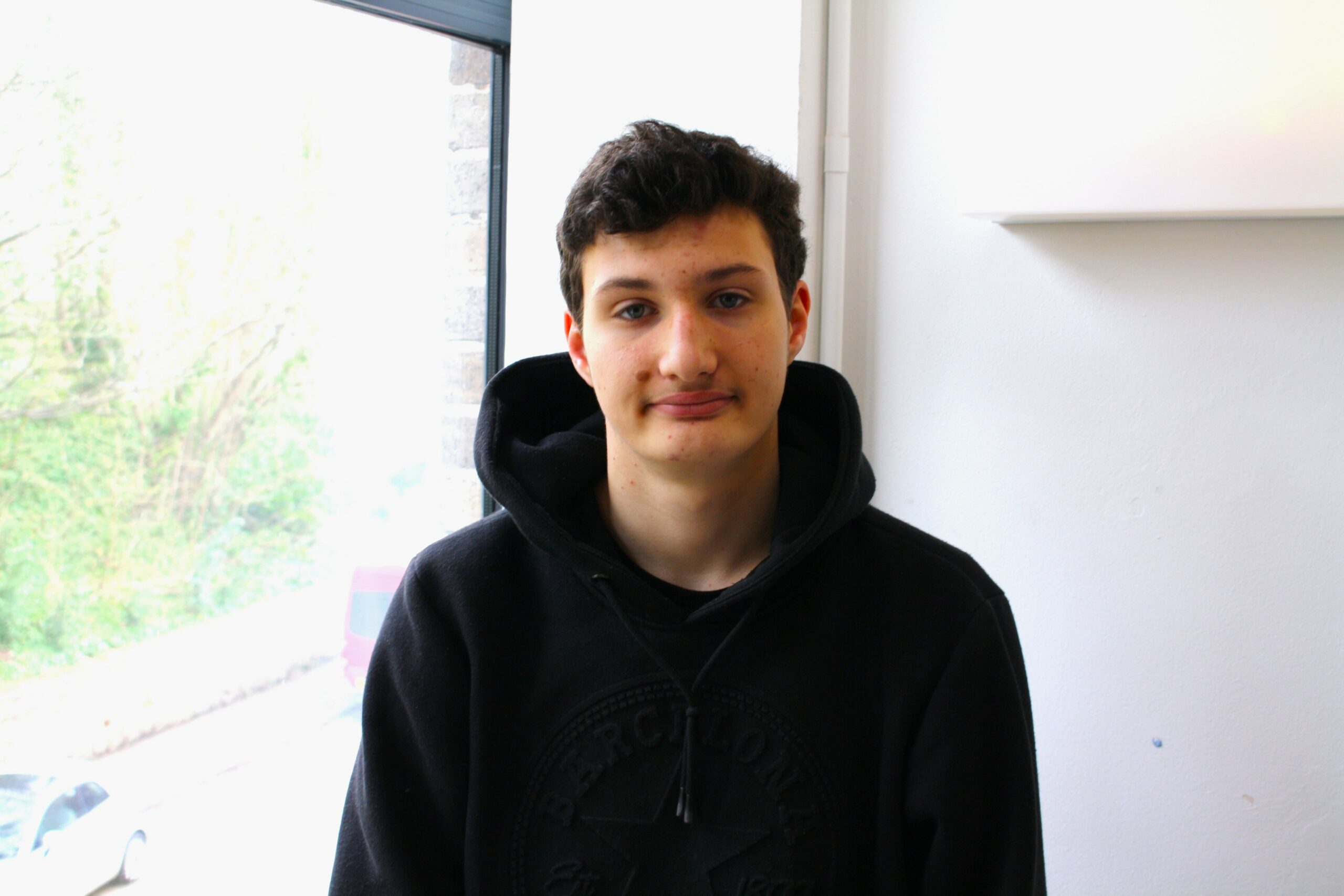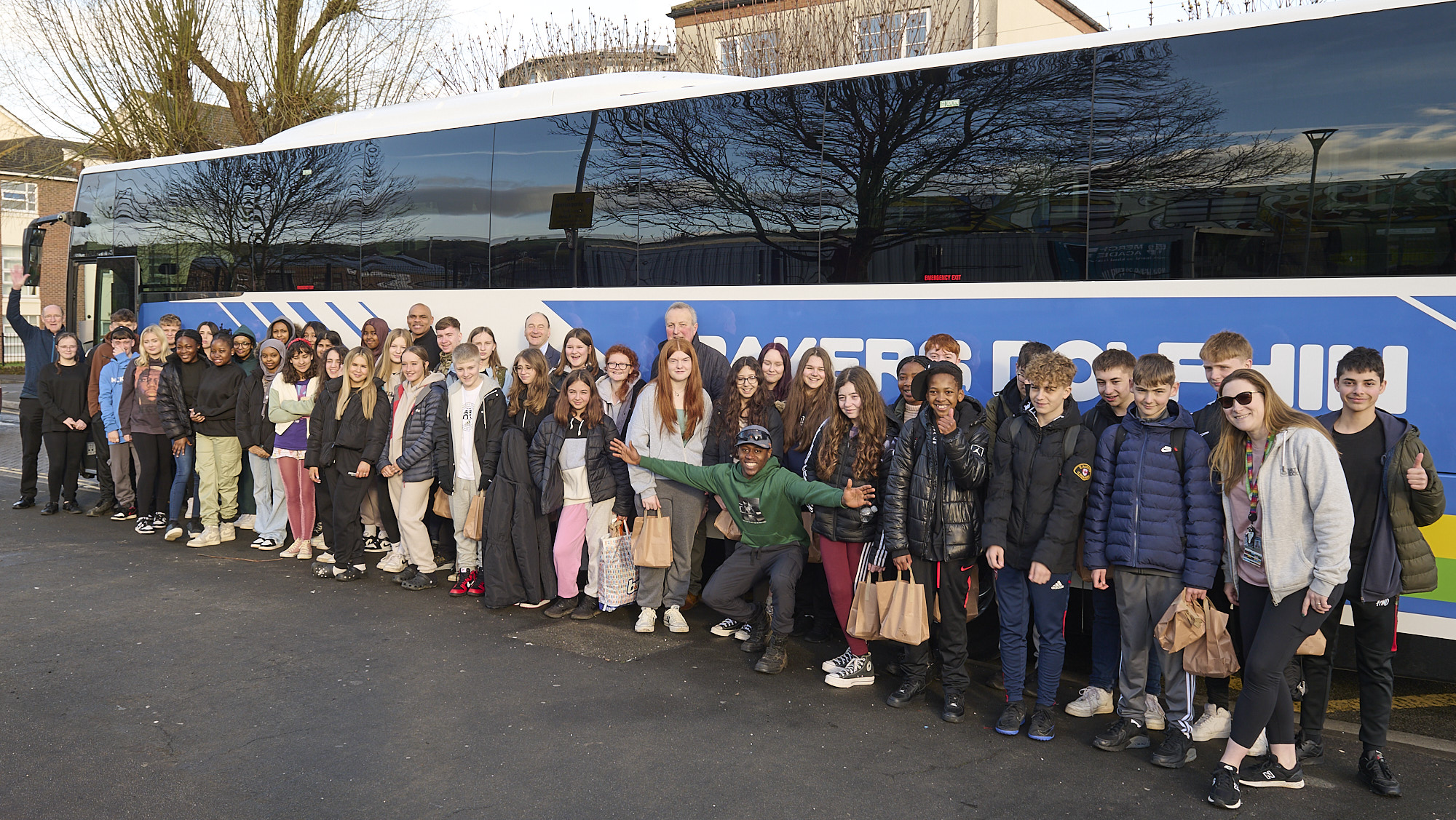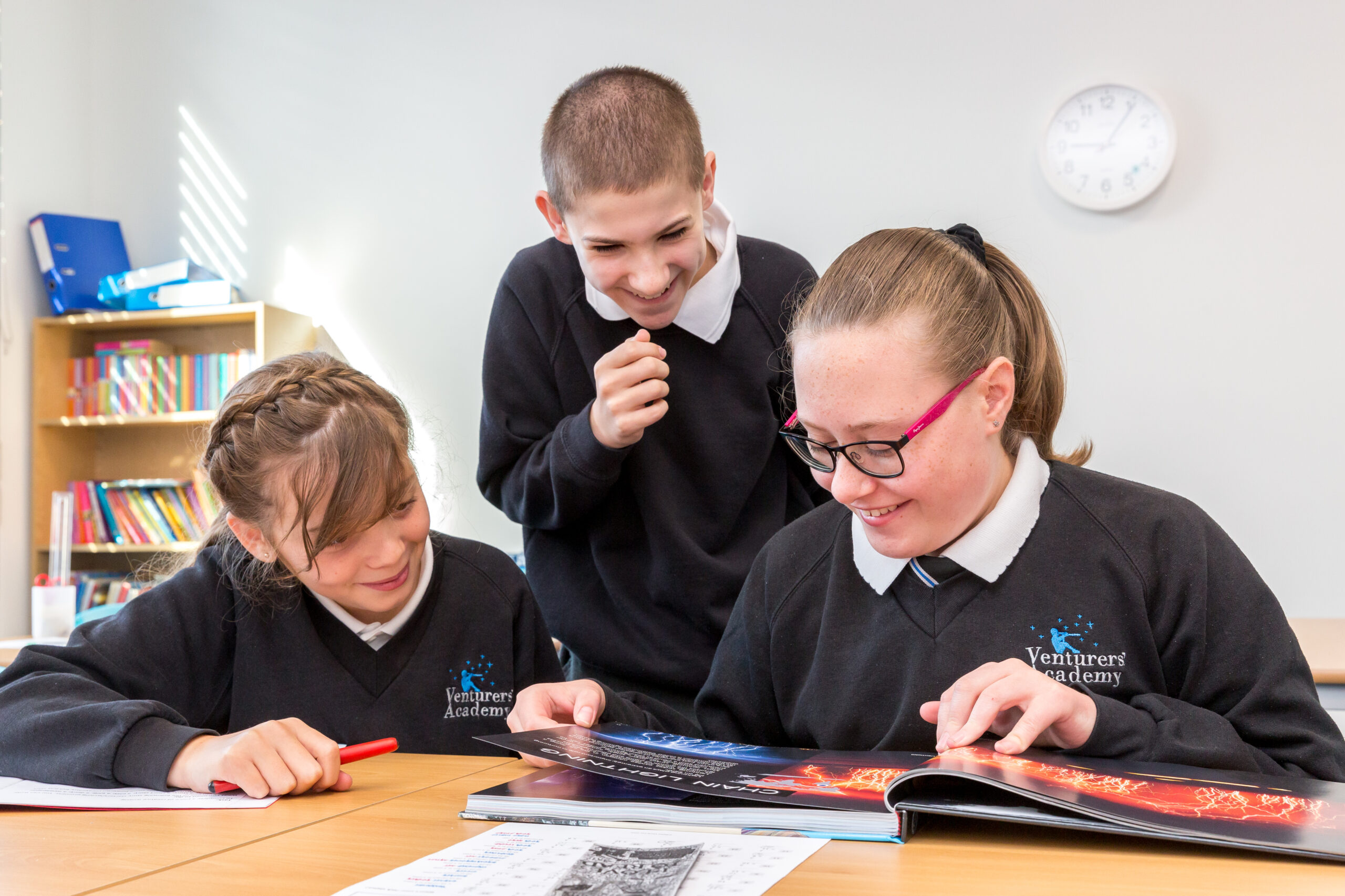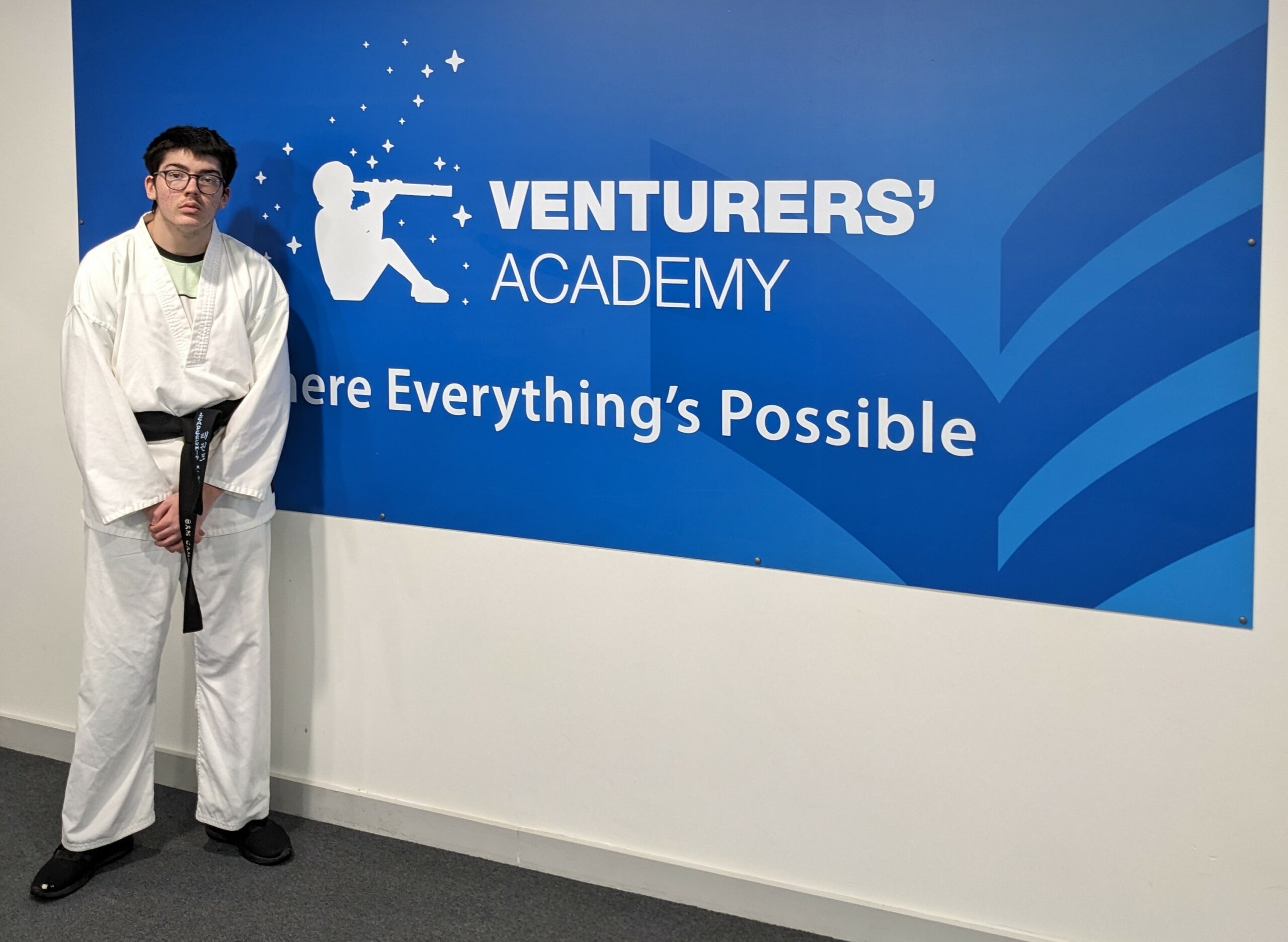SMV was delighted to host fifty members of the Malcolm X, Bristol Golden Agers Club and Evergreens social clubs to “The Legends Lunch”, to mark the anniversaries of two important events in modern British history: the arrival of the Empire Windrush in 1948 and the Bristol Bus Boycott of 1963.
The lunch was organised by SMV member Marti Burgess, and Roger Griffith MBE, writer, lecturer and activist. Roger is also CEO of Creative Connex CIC, an organisation that supports African-Caribbean elders groups to build connections and tackle isolation.
Also in attendance were His Majesty’s Lord-Lieutenant for the City and County of Bristol, Peaches Golding OBE; the Lord Mayor, Councillor Paul Goggin; and the High Sheriff for the City and County of Bristol, Sharon Foster.

Answering the call
In his speech, Michael Bothamley, Master of SMV, paid tribute to the members of the Windrush generation, many of whom were in attendance, who left their home countries on the Empire Windrush 75 years ago, to help rebuild Britain after it had been shattered by the Second World War. “You and your forebears came to Britain enthusiastically and in good faith, and gave our city vital service through your hard work at many great institutions.” One such institution was the NHS, which had been founded just two weeks after the arrival of the Windrush.
He also acknowledged the appalling treatment that some had suffered. Of those who came to Bristol, many settled predominantly in poor housing in the city centre areas of St Paul’s and Easton. Despite answering the call of ‘the Mother Country’ and receiving British citizenship, the new arrivals were subjected to hostility, as well as employment and housing discrimination.
Among the guests at the lunch was one of the key contributors to the community’s fight for employment parity, Guy Reid-Bailey. The Bristol Omnibus Company had banned Black and Asian people from working as bus conductors and drivers in 1955, forcing a group of activists, known as the West Indian Development Council (WIDC), to campaign for equal employment rights. Aged just 18, well-spoken and well-qualified for a vacancy as a bus conductor, Guy was put forward for the position in April 1963, but as a Black man he was denied an interview. In response, the WIDC called for a boycott of Bristol’s buses.
The four-month campaign attracted national and international attention and, on 28th August 1963, the same day that Martin Luther King Jr made his famous ‘I Have a Dream’ speech, the Bristol Omnibus Company announced it would end its policy of racial discrimination in employing bus crews. A month later, the company hired Sikh graduate Raghbir Singh as Bristol’s first non-white bus conductor; he was soon joined by Norman Samuels and Norris Edwards from Jamaica, and Mohammed Raschid and Abbas Ali from Pakistan.
“We honour Guy and the others who were involved in that struggle,” said Michael. “We now recognise what an important moment that protest was.” The boycott was a watershed moment in the British Civil Rights Movement and helped to pave the way for the UK’s 1965 and 1968 Race Relations Acts.
Eulinda Antonette Clarke-Akalanne, who came to the UK aged 18 and would go on to have a long and successful career as a nurse, recited her poem Journey to the Motherland, which spoke of the hopes and dreams – and the realities – of a young Barbadian coming to Britain.
Journey to the Motherland by E. A. Clarke-Akalanne
(read the full poem here)
At school, I was taught British literature and history
My bedtime stories were by Charles Dickens and Enid Blyton.
I thought I was well prepared for my Motherland, sweet England.
I dreamt of daffodils and visualized soft snow on my skin
I believed that I was ready to meet my English kith and kin.
So, at 18 when Enoch Powell invited me to come to England,
to train as a Registered General Nurse and work in Britain
I left Barbados and came to the Motherland.
The land I’d learnt about, Glorious England.
Coming here was an exciting adventure for me
because I wanted to travel, and the world to see.
Things are not always what they seem to be,
I knew about England, but the English knew nothing
about Barbados nor folk like me.
I was asked if Barbados was in South Africa
or part of Jamaica.
A patient asked, where my tail was hiding,
I told her if she looked carefully, she would see it wagging
I moved my derriere into a little jiggling
all the patients craned their necks
expecting to see a tail wiggling,
and looked disappointed
when they saw nothing moving.
For fifty years I worked in the NHS
I started as a student nurse training in PTS.
And qualified as a Registered General Nurse,
worked as Midwifery sister,
Senior Psychiatric Charge Nurse, and Health Visitor,
and Community Practitioner Nurse Prescriber.
In addition, I qualified and worked as a Social Worker,
and retired in 2010 as a Community Nursing Sister.
I have had much fulfilment and happiness,
and I’ve turned racism, and prejudices,
into strengths, achievements, and successes.
Now retired, I am happy as can be,
I share life’s experiences in my poetry,
I have got good friends and a loving family.
I believe learning is a lifelong necessity,
and that life should be lived each day, to its full capacity.
Celebrating diversity and looking ahead
This year, Bristol has marked the 650th anniversary of King Edward III’s royal charter, which bestowed important rights and privileges on the city as a county in its own right. Michael underlined how Bristol’s unique identity has been made richer by those who sailed to Britain to make it their home. “Ours is a vibrant and diverse city,” he said, “and these pioneers are a big part of the reason why.”
He paid tribute to the wonderful gifts that Bristolians of African-Caribbean heritage have given the city, that are now part of the fabric of Bristol life: “Amongst many other things, we thank you for the St Pauls Carnival and Jerk Chicken!”
Michael spoke about SMV’s commitment to partnering with social enterprises that support Bristol’s ethnically diverse communities. “The modern Society of Merchant Venturers is what we’d now call a ‘social purpose’ organisation. Our mission is to help communities across Bristol thrive and to do what we can to combat inequality. That’s why we have supported the Carnival for a number of years, and we work closely with organisations like Babbasa that strive to nurture the aspirations of the city’s young people, regardless of their background.”
Another of SMV’s initiatives is the mentorship programme with Black South West Network (BSWN), which began in 2023. Michael worked as a mentor alongside Ashley Burrowes, who founded event catering company Jerk King. “We have been honoured to work alongside BSWN to offer support to brilliant young Black entrepreneurs, and we look forward to continuing this partnership,” he said.



Roger Griffith MBE speaks during the lunch; Eulinda Antonette Clarke-Akalanne reads her poem “Journey to the Motherland”; Ashley Burrowes with Michael Bothamley at St Pauls Carnival 2023









